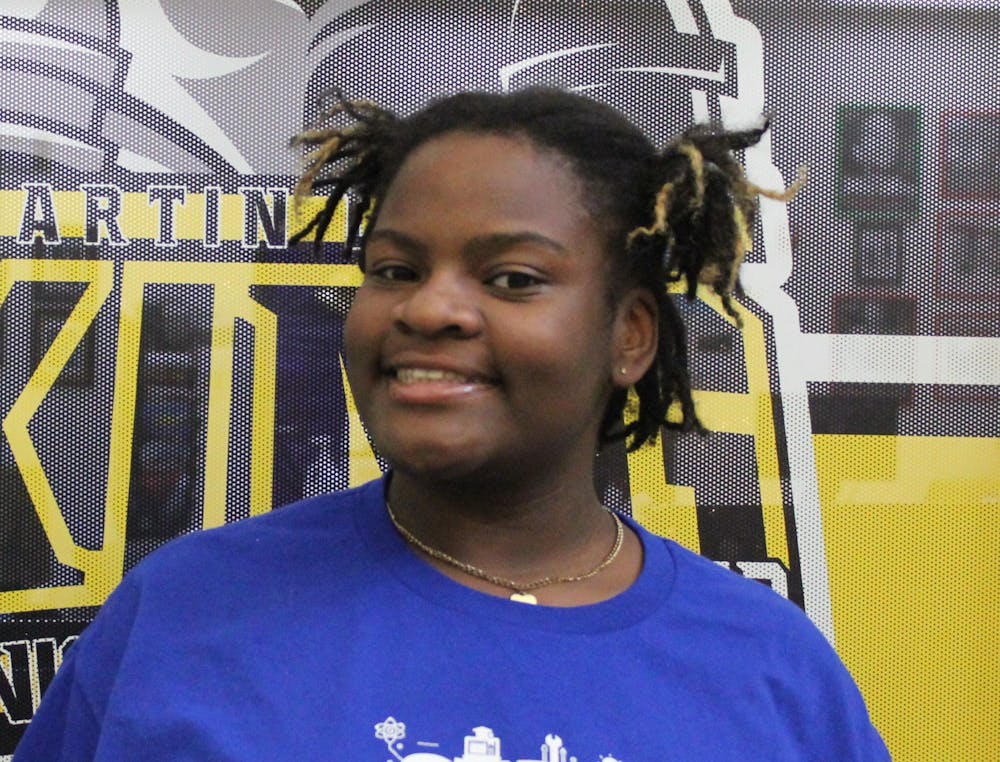
In an English class, students were assigned to find a poem online, analyze it and relate it back to the novel "Refugee" by Alan Gratz. They were also to compose a summary highlighting the literary devices and elements used in that poem. A few students, including myself, decided we wanted to author our own poems. This was prohibited by the instructor because she was concerned about our ability to efficiently compose, analyze and interpret a poem relating to the novel.
Against her direction, I drafted my own poem. When she read my work, she asked about my poem and the literary devices and elements. I broke it down and explained my uses of each device. She questioned me more that day and allowed me to use and present my poem. However, I do not think other students were fortunate enough to do the same.
English teacher Sherrhonda Denice agrees that there is never a justifiable reason to suppress student creativity in the classroom.
“Even in doing your normal assignments or following a curriculum you can add something to it where they [students] can do something on their own," Denice said. "We just have to think outside of the box. I think students should be given opportunities each week to express their creative side because I believe black children are very creative, and I think we try to put them in a mold.”
Most of our creative expression issues stem from adolescence and being taught to keep our feelings out of learning. Many children are told to put their crayons away because they are supposed to do math in pencil. Why is it that some teachers will not allow students to find their own ways to make learning and education enjoyable for themselves?
I feel as though it would be much better for teachers to foster students’ creative sides daily in the classroom. This would make students more comfortable with expressing themselves which could also make them better adults and citizens.


